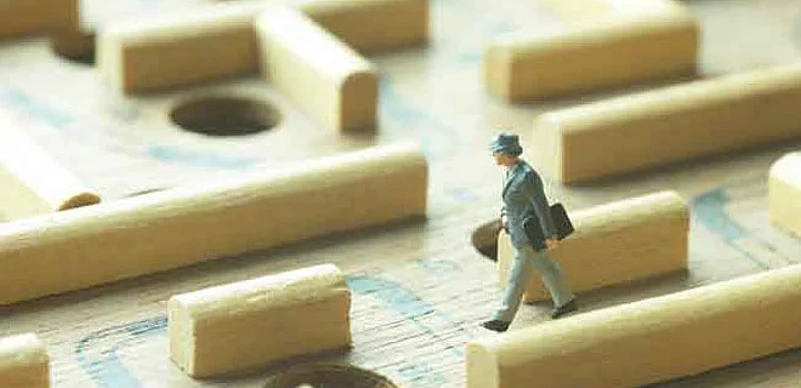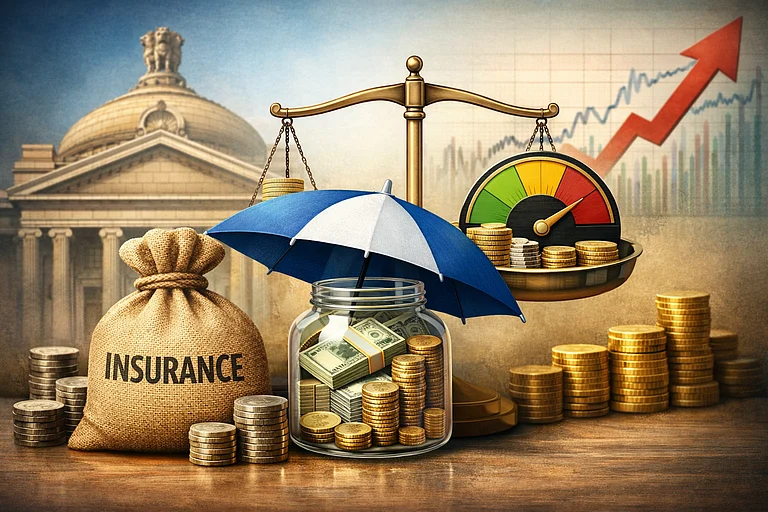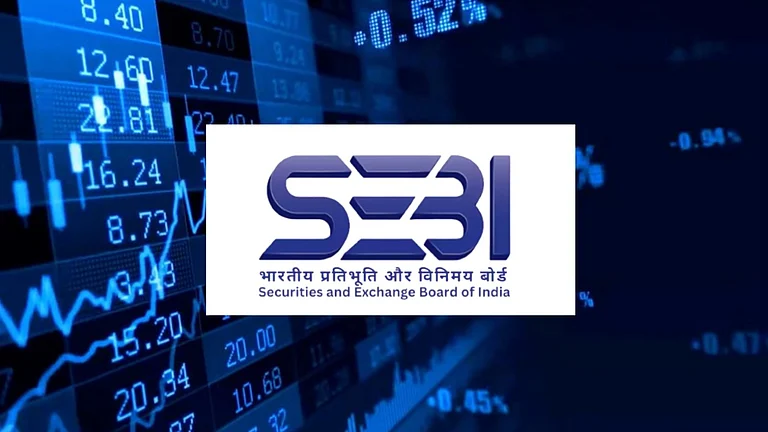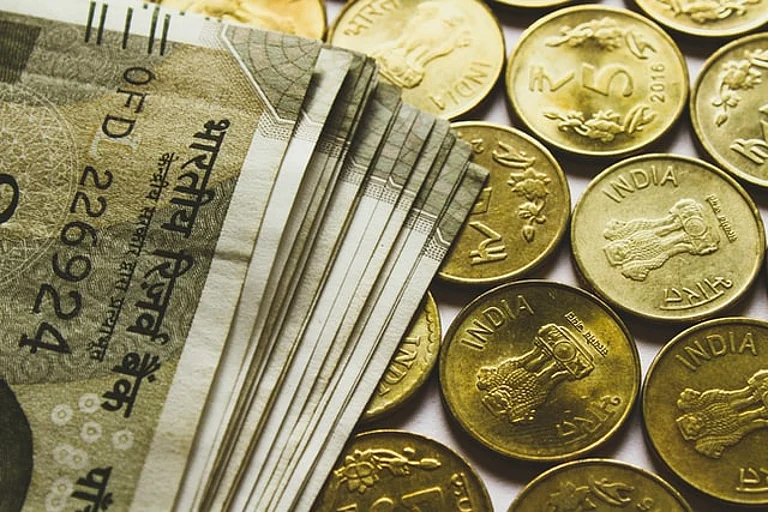We are in the year of the Monkey and, like the restless simian, there are many things that you as a financial consumer will find, which can unsettle your financial life. The elements of personal finance have the tendency to change, with some more than others. For instance, a minor change in, say, the budget, inflation, RBI’s policy or investment regulations can severely impact your ability to keep up with your financial plans and meet life’s goals. In many ways, like several things Indian, our financial lives are in a permanent state of work in- progress. Of course, if you are a regular reader of this magazine, you will be in a better situation to cope with these changes.
By now, most Indians are used to living with high inflation rates, which has made the cost of living go up and equally so the cost of borrowing. Yes, the interest rates are expected to be on a downward trend from now, but for it to materialise and leave its impact, that is still far and away. The other reason for interest rates not being lowered at a faster pace is to do with the RBI’s intervention in managing inflation. There are a few global factors that you should know of—commodity and crude prices. The global commodity markets continue to stress the weakness of global demand and the strength of US$ with crude oil quotes now under their post-great recession low. Both these factors have an impact on the Indian economy.
Stand up, take note
We are not soothsayers and will not get into telling you where to put your money this year for it to grow in multiples. Instead, we believe in a regular dose of wisdom, which should see you through your financial goals. However, to get the picture of what is shaping the economy, the equity and debt markets, jobs, life insurance and the credit business, we got experts who have years of experience in their specialised fields to share their views in these areas, for you to take cues from, in the following pages. As for our view, there are four factors that will impact you and your finances in the New Year—the Union Budget, real estate regulations, GST and setting up of payment banks. Each of these will impact the way you save, invest and borrow, which is what you anyway do with your money. Happy New Year!
The Union Budget
This will be the second full-year budget to be presented by the Narendra Modi-led government, basically close to the half-time in its five-year tenure. A lot rides on this budget considering how markets have been faring of late. The upcoming budget is expected to be on the lines of growth and development. The stakes are high, and it will be for this government to transform itself from all the talking to the actual doing, popularly referred to as reforms.
Real estate regulations
While the bill was expected to become an act with its passage in the winter session of Parliament, there was no such luck. But once this goes through, it will address several issues that every one of us faces when it comes to housing. Perhaps, the setting up of a real estate regulator will also give push to the SmartCity project and the ‘Housing for All’ initiative of the government.
GST
The GST is a good move, but for the common man, its impact will take a good four to five years to play a role. Yes, for manufacturers and service-providers, GST means a pan-Indian market without the hassles of differential state taxes. To understand this better, let’s use the example of a mineral water bottle. Typically, once the bottle is out of the factory gates, state governments step in and impose state value added tax (VAT). So, if the price of a bottle is Rs.10, and excise duty and service tax is Rs.1 each, the final price of the bottle becomes Rs.12. On that Rs.12, state governments collect 10 per cent VAT. The final price of the bottle then becomes Rs.13.2 (10+2+1.2=13.2).
At the moment, manufacturers should have got a tax credit of Rs.20. Now, since the tax is paid to the centre, the state will not repay that money to them. GST is applied on the goods and services at the place of final consumption. It is collected on value-added goods and services at each stage of sale or purchase in the supply chain. GST is also paid on the procurement of goods and services, and can be set off against the tax payable on the supply of goods or services. So, the manufacturer or wholesaler or retailer will pay the applicable GST rate but will claim it back through the tax credit mechanism.
Being the last person in the supply chain, the end-consumer has to bear this tax. Though this is the case even today for all indirect taxes, the difference under the GST is that with the streamlining of multiple taxes, the final cost to the customer will be lower on the elimination of double-charging in the system.
Payment banks
The next big thing after digital wallets that will change the way you transact currency will come by way of payment banks. The RBI has allowed 11 entities to start payment banks through which basic banking services will soon be offered, even in unbanked areas. This will actually help in the last mile of financial inclusion, as you would be able to buy insurance and mutual fund products as well through this route. However, payment banks will not offer any loans or issue credit cards, as that is out of the ambit of what they can do.













